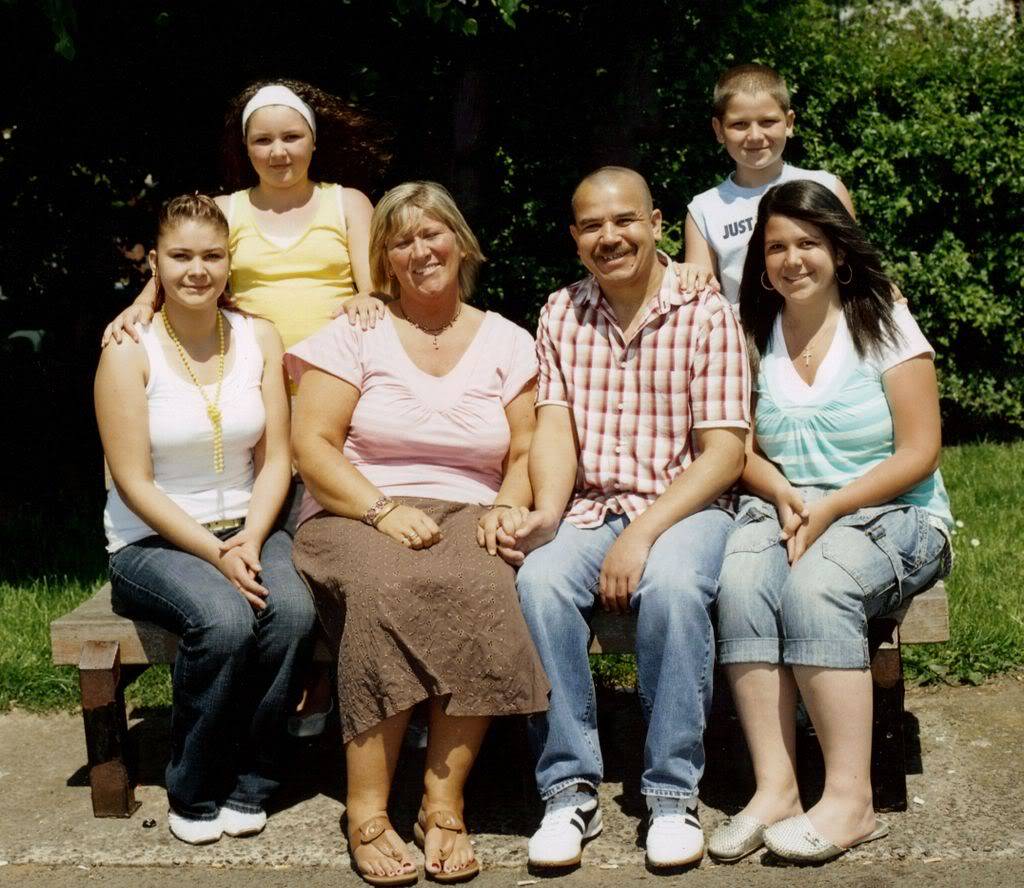Management of FAP Patients Needs to Include Family Therapy, Researchers Say

The hereditary nature of familial amyloid polyneuropathy (FAP), along with the severity and unpredictability of the disease, highlights the risk for great psychological stress among FAP patients and their family members, a recent study from Portugal suggests.
Management of the disease, especially in FAP linked to the Val30Met mutation, needs to include psychological support, treating the entire family as a group, researchers said.
Their study, “Family dynamics in transthyretin-related familial amyloid polyneuropathy Val30Met: does genetic risk affect family functioning?” was published in the journal Clinical Genetics.
FAP, also known as hereditary transthyretin (TTR) amyloidosis, is a rare and hereditary progressive disease caused by genetic mutations in the TTR gene.
The age for developing the disease symptoms is highly variable and unpredictable, ranging from 20 to 80. Some people may never develop symptoms, but may still transmit the mutated gene to their children.
Babies are born with two copies of each gene, one from the mother and one from the father, but to develop FAP, only one copy of the mutated TTR gene is sufficient to cause the disease.
The most frequent TTR gene variant — affecting up to 50 percent of FAP patients worldwide — is the Val30Met mutation.
FAP patients with this particular mutation have severe impairments in their sensory and motor functions, but the progressive nature of the disease ultimately results in systemic organ failure and death.
Overall, the genetic risk associated with the TTR gene mutation poses a major psychosocial burden not only for FAP patients, but also their family members, which may affect family functioning.
To evaluate the impact of the genetic risk, a group of 87 adult FAP Val30Met patients, 28 presymptomatic carriers (carriers of the mutation but without symptoms), and 41 partners answered the Family Adaptability and Cohesion Scale IV (FACES IV) survey and a social-demographic questionnaire.
Study participants were all from Portuguese families. Portugal, together with Sweden and Japan, are major cluster areas of the FAP Val30Met mutation.
The FACES IV questionnaire evaluates family functioning by focusing on three concepts: the emotional bonding between family members (categorized as cohesion), flexibility, and communication among the family members or between couples.
An additional group of 34 patients with multiple sclerosis (MS) was also included in the study.
Patients and presymptomatic carriers in general rated their families as very connected, with no significant differences between these groups and between their partners on both cohesion and flexibility. Communication was also scored as high or very high among patients and presymptomatic carriers.
Compared to MS patients, however, the levels of satisfaction and communication were lower in patients with TTR-FAP Val30Met.
Overall, family functioning was perceived as balanced by the vast majority of patients and presymptomatic carriers. However, difficulties in family communication need to be considered when managing FAP patients and their families.
“Sharing information about genetic risks is not easy and may be a source of personal and familial conflicts. Thus, there is a need for genetic counseling and intrafamilial circulation of information on genetic risks,” the study concluded.






